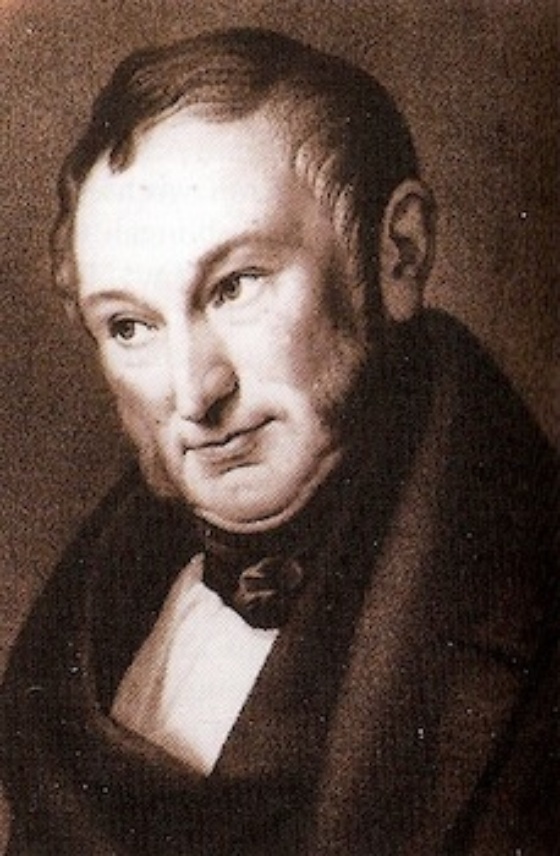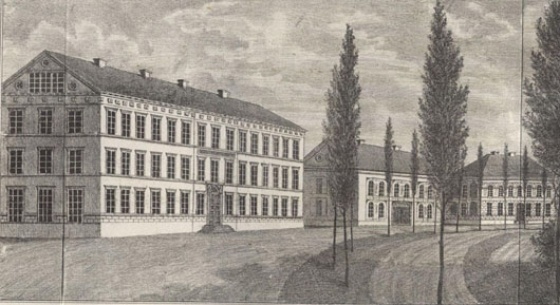The university becomes the 'Royal University of Greifswald' under Prussian regency. Ernst Moritz Arndt completes his Versuch einer Geschichte der Leibeigenschaft in Pommern und Rügen (a history of serfdom in Pomerania and Rügen) in 1802; his work is widely disseminated and highly influential.
A seminary for primary school teachers opens 1804 in Stettin.
Also in Stettin, the academic grammar school and the city's Ratslyzeum are merged to form the 'Unified Royal and City Grammar School', which becomes the leading school in the Province of Pomerania.
Compulsory education is introduced in 1824.
Science relocated from the university to "learned" societies.
In 1824, 'friends and patrons of fatherland studies' establish the Society of Pomeranian History in Stettin. It publishes the Baltic Studies and forms committees in Greifswald and Stettin.
A Pädagogium with boarding facilities for the sons of aristocratic families is established 1836 in Putbus on the island of Rügen.

